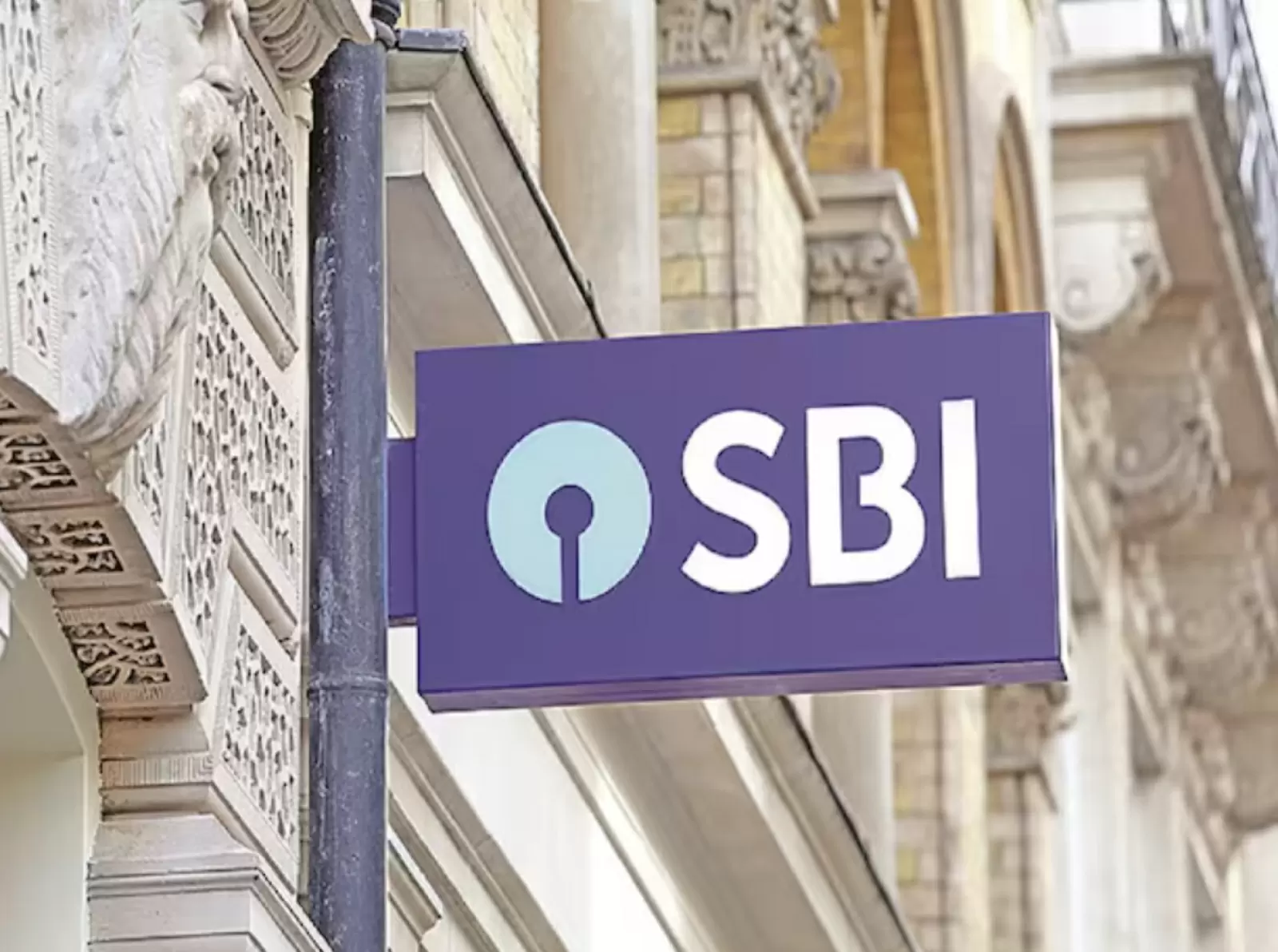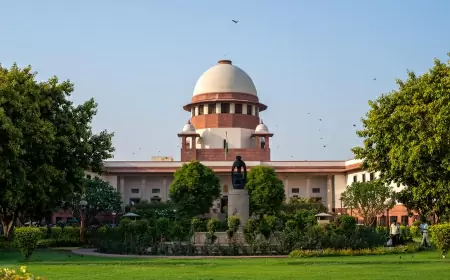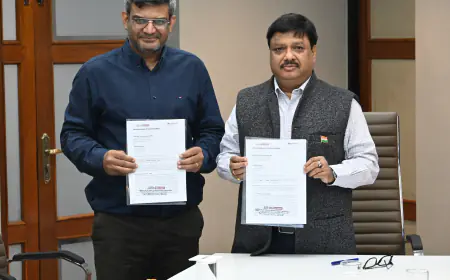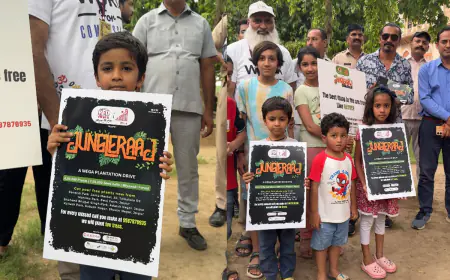SBI refused to give information about electoral bonds under RTI Act, said this
SBI: The Election Commission published data released by SBI on its website on March 14, giving details of political parties and donors who redeemed bonds. The top court had on March 15 rapped SBI for not providing complete information by withholding the unique number for each electoral bond, saying the bank was "duty bound" to disclose the information.

The State Bank of India (SBI), arguing that it is personal information held in a responsible capacity, has declined to provide the Election Commission with information about electoral bonds that were given to it under the Right to Information (RTI) Act. SBI added that the Election Commission's website has public domain content despite this.
Declaring the electoral bond programme to be "unconstitutional and patently arbitrary," the Supreme Court ordered SBI to provide the Election Commission with all relevant information regarding bonds bought since April 12, 2019, the Commission was informed on February 15. By March 13th, he ought to have the details up on his webpage.
On March 11, the court rejected SBI's plea seeking an extension of the deadline and ordered the Election Commission to disclose details of the electoral bonds by the end of business hours on March 12.
RTI activist Commodore (retd) Lokesh Batra approached SBI on March 13, demanding to provide in digital form the complete data of electoral bonds provided to the Election Commission following the Supreme Court order.
The bank denied the information citing two exemption provisions given under the Right to Information (RTI) Act– section 8(1)(e) relating to records kept in a responsible capacity and section 8(1)(j) allowing withholding of personal information."
The reply given by the Central Public Information Officer and Deputy General Manager of SBI on Wednesday said, that the information sought by you seeks information related to buyers and political parties and hence it cannot be disclosed because this information is under a responsibility to be made public. Cannot be done. There is an exemption from giving such information under Section 8(1)(e) and (j) of the RTI Act.
Batra had also sought details of fees paid by SBI to senior advocate Harish Salve. This was paid on behalf of SBI to defend the case against disclosure of electoral bond records.
Batra said it was surprising that SBI refused to provide the information which was already on the Election Commission's website. When asked about the fees paid to Salve, he said that the bank has refused to provide such information which involves taxpayers' money.
The Election Commission published on its website the data released by SBI on March 14, giving details of political parties and donors who encashed the bonds. The top court had on March 15 rapped SBI for not providing complete information by withholding the unique number for each electoral bond, saying the bank was "duty bound" to disclose the information.
A five-judge bench headed by Chief Justice DY Chandrachud said it has directed disclosure of all details of the bonds, including names of buyers, amount and date of purchase. A day after presenting the entire list of entities purchasing bonds to make political donations, the CJI said SBI should furnish all details as the court pulled up the bank for submitting incomplete information.
SBI had said that between April 1, 2019 and February 15 this year, donors purchased a total of 22,217 electoral bonds of different denominations, of which 22,030 were encashed by political parties.










































































